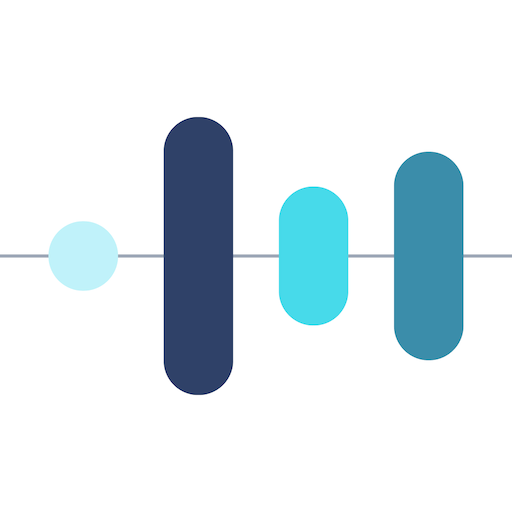Empowering Resources
— Find Support and Answers
Helpful Resources for You
"Knowledge is power. The more you understand, the more confident you become in your healing journey."
Explore helpful articles, answers to common questions, and tools designed to empower you on your mental health journey. Whether you're seeking more information about psychiatric care, medication options, or how to get started, you’ll find resources here to guide you every step of the way.
We’re committed to providing not just care, but clarity, so you always know your options and feel supported in your choices.
— Working Together —
Professionally Backed Support Groups
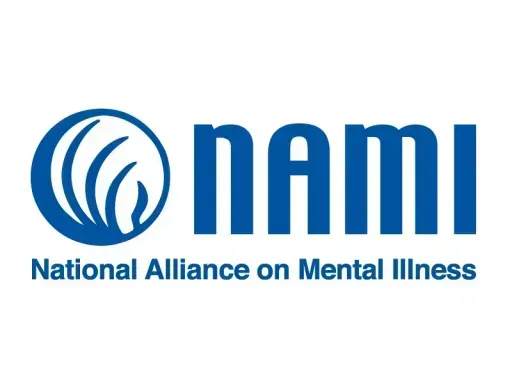
NAMI Support Groups
The National Alliance on Mental Illness offers free, peer-led support groups for individuals and families affected by mental illness. All facilitators are trained through a standardized curriculum.
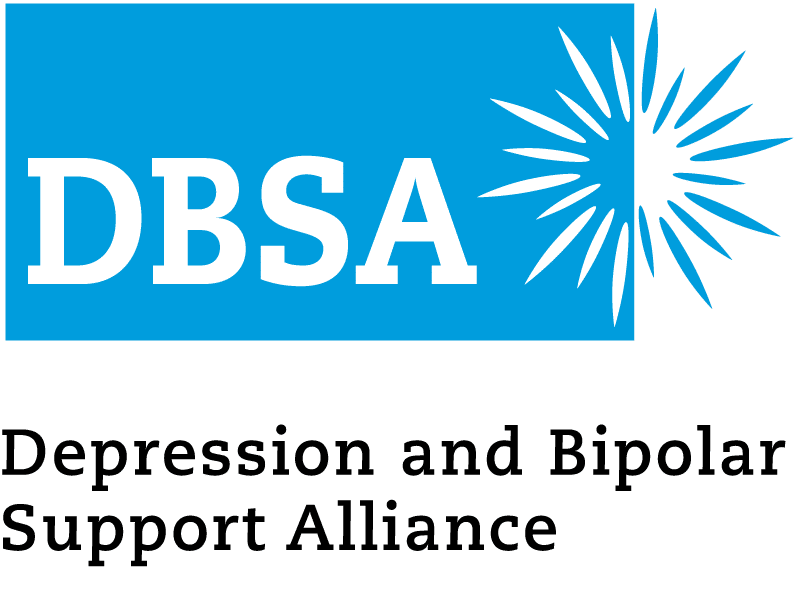
DBSA Online Support Groups
The Depression and Bipolar Support Alliance offers free, structured peer support groups supervised by a national nonprofit with a clinical advisory board.
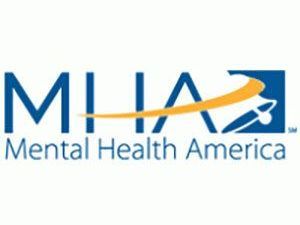
Mental Health America (MHA) Peer Support Community
MHA provides a moderated online peer support space backed by one of the oldest U.S. mental health nonprofits. Staff monitor and guide discussions to ensure safety.
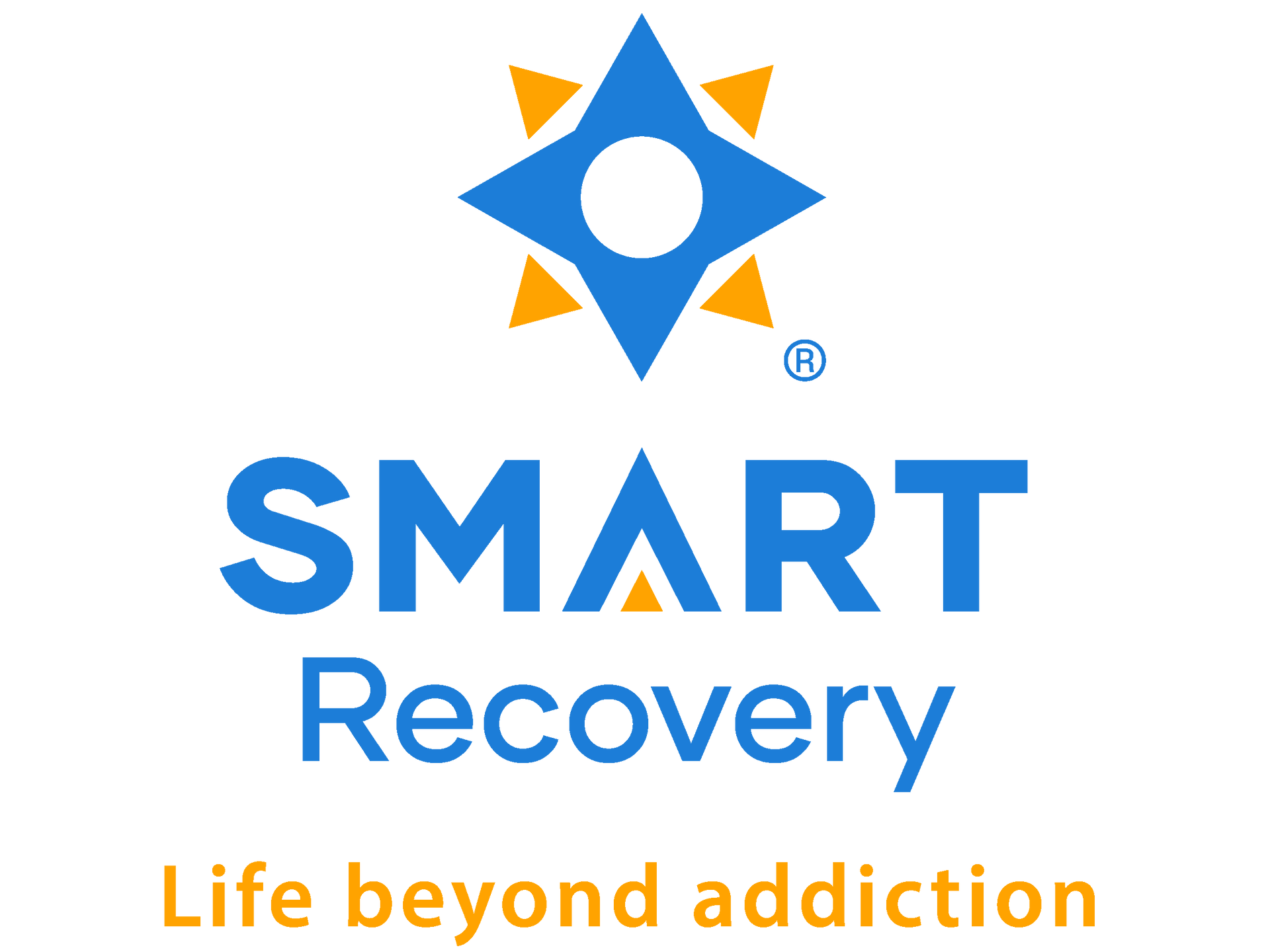
SMART Recovery
SMART Recovery is a science-based addiction recovery support group led by trained facilitators. Emphasizes cognitive behavioral therapy (CBT) tools and self-management.
Trusted Mood Tracking & Mental Health Apps
Worry Watch: Anxiety & Mood
(Free)
Built on the foundations of cognitive science, 'Worry Watch' app helps you manage your anxiety and mood using:
1. Guided Anxiety Journaling
2. Guided Coping Techniques
3. Guided Mood Check-In
4. Guided Positive Reinforcements.
eMoods
(Free & Clinician-Friendly)
eMoods is a user-friendly app for patients to track symptom data relating to Bipolar I and II disorders, Depression, PTSD, and Anxiety Disorders.
Identify triggers and patterns to help prevent relapses, and enhance doctor's visits with detailed data exports.
Daylio
(Freemium)
A simple, private mood and activity tracker with visual stats and habit tracking.
The free version includes core features.
— Crisis Support (24/7, Free, Confidential) —
Mental Health Resources
Below are trusted, professionally backed resources for individuals seeking mental health support, mood tracking tools, and crisis help. Crisis Support (24/7, Free, Confidential)
988 Suicide & Crisis Lifeline
Call or text 988 for immediate, 24/7 support from trained crisis counselors.
Crisis Text Line
Text HOME to 741741 to connect with a trained volunteer Crisis Counselor anytime.
NYC Well
(New York City Residents)
Call 1-888-NYC-WELL, text WELL to 65173, or chat online for free support from licensed mental health professionals.
— OUR BLOGS —
Insights, Tips, and Inspiration
Stay informed with our collection of articles covering mental health strategies, coping skills, medication myths, lifestyle tips, and more. We update regularly to help you stay connected and supported in your wellness journey.



— Your Questions Answered
Frequently Asked Questions
Find clear, compassionate answers to common questions about working with a psychiatric nurse practitioner, the therapy-informed approach to medication, and what to expect in your first session.
What is the difference between a psychiatrist and a psychiatric nurse practitioner (PMHNP)?
Both psychiatrists and psychiatric nurse practitioners (PMHNPs) can diagnose mental health conditions, order and interpret labs, prescribe medications, and provide treatment. In outpatient settings, PMHNPs offer nearly identical services to psychiatrists and often bring a more holistic, collaborative approach to care.
Do I need a referral to see a psychiatric nurse practitioner?
No referral is needed. You can book your phone consultation and your intake appointment directly. We welcome new patients who are self-referred, or referred by therapists or any other providers.
What conditions do you treat?
We provide psychiatric care for adults with:
- Depression and other mood disorders
- Anxiety and panic disorders
- Sleep disorders
- Obsessive-compulsive and related disorders
- Depression and other mood disorders
How do I know if I need psychiatric medication?
If your symptoms, such as anxiety, depression, mood swings, or trouble focusing, are interfering with daily life, it may be time to consider medication. During your evaluation, we’ll discuss options and create a plan that fits your needs and comfort level.
What insurance do you accept?
We accept all commercial Aetna, Anthem BCBS, CIgna &Optum/UMR/UHC/Oxford plans.
We can also help you understand and use your out-of-network benefits. Please contact us to verify coverage or explore payment options.
*Will be accepting Medicare plans in the near future
Do you offer telepsychiatry (virtual psychiatric appointments)?
Yes. We offer secure, HIPAA-compliant virtual appointments for patients in New York. Telepsychiatry makes it easy to get care from the comfort of your home or office.
How do I schedule an appointment?
ContactYou can start by scheduling your free phone consultation by clicking the button below.
You may also call or text (631) 364-2647, or email us at info@mindovermatterpsych.com.
New patient consultations are usually available within 1–2 weeks.
What should I expect during my first psychiatric appointment?
Your initial visit includes a comprehensive evaluation of your current symptoms, your mental health history, medical and family history, as well as treatment plan options. You’ll have time to ask questions, and together we’ll decide on the best course of action, whether that includes medication, therapy referrals, and/or lifestyle recommendations.
How often will I need follow-up appointments?
Most patients begin with bi-weekly follow-ups to assess symptom control and monitor for possible side effects while making medication adjustments. Once your symptoms are stable, depending on your needs, appointments will likely be spaced out over time. We’ll create your follow-up schedule together.
*Appointments will be no less frequent than every two months.
*For all patients on controlled substances (i.e. Klonopin, Vyvanse, etc.) appointments will be no less frequent than monthly.
Can you coordinate care with my therapist or primary care doctor?
Absolutely. With your (written and signed) consent, we’re happy to collaborate with your therapist or physician to ensure your care is continuous and comprehensive.
Let’s Connect – Your Next Step
If what you’ve read here resonates with you, I’d love to talk more. Our first step is a simple phone call to see if we’re a good fit. No pressure. Just a real conversation.


